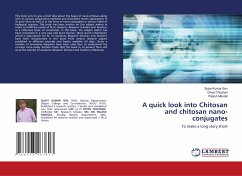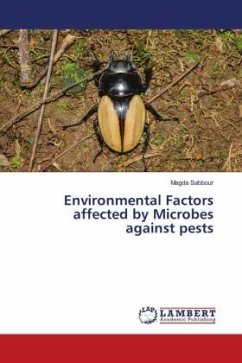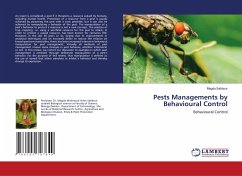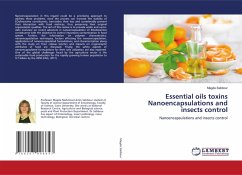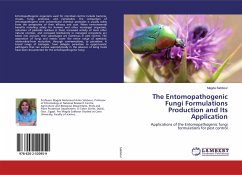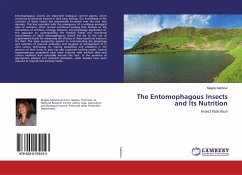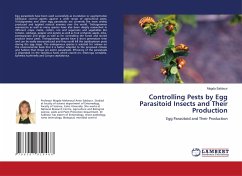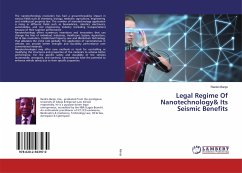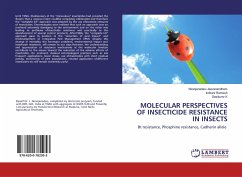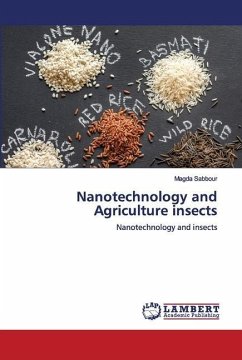
Nanotechnology and Agriculture insects
Nanotechnology and insects
Versandkostenfrei!
Versandfertig in 1-2 Wochen
41,99 €
inkl. MwSt.

PAYBACK Punkte
21 °P sammeln!
Nanotechnology is a promising field of interdisciplinary research. It opens up a wide array of opportunities in various fields like insecticides, pharmaceuticals, electronics and agriculture. The potential uses and benefits of nanotechnology are enormous. These include management of insect pests through the formulations of nanomaterials-based insecticides. Traditional strategies like integrated pest management used in agriculture are insufficient, and application of chemical pesticides have adverse effects on animals and human beings apart from the decline in soil fertility. Therefore, nanotec...
Nanotechnology is a promising field of interdisciplinary research. It opens up a wide array of opportunities in various fields like insecticides, pharmaceuticals, electronics and agriculture. The potential uses and benefits of nanotechnology are enormous. These include management of insect pests through the formulations of nanomaterials-based insecticides. Traditional strategies like integrated pest management used in agriculture are insufficient, and application of chemical pesticides have adverse effects on animals and human beings apart from the decline in soil fertility. Therefore, nanotechnology would provide green and efficient alternatives for the management of insect pests in agriculture without harming the nature. This art is focused on traditional strategies used for the management of insect pests and potential of nanomaterials in insect pest control as modern approaches of nanotechnology. The advances in science and technology in the last decades were made in several areas of insecticide usage. It includes either development of more effective and non-persistent pesticides and new ways of application, which includes controlled release formulation (CRF).



